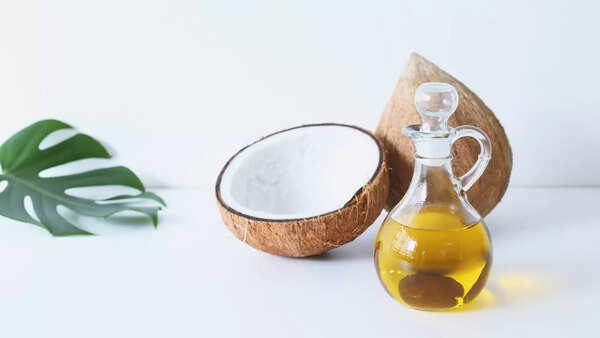Maintaining healthy, vibrant hair often involves incorporating the right hair products into your routine. These products can enhance shine, boost volume, improve texture, and protect against heat damage. However, with a vast array of options available, selecting the most suitable product can be challenging. Hair serums are frequently advertised as transformative solutions, but it's crucial to understand that hair care isn't a one-size-fits-all approach.
Different products cater to different needs, and what benefits one person's hair may not work for another. To make an informed decision, it's important to distinguish between hair serums and hair oils and how they cater to your specific hair type and concerns.
A hair serum is a lightweight, leave-in treatment designed to offer a variety of benefits. Typically formulated with a blend of natural and synthetic ingredients like silicones, oils, and antioxidants, these serums protect and enhance the health and appearance of your hair. They are suitable for various hair types, including dry, damaged, and color-treated hair.

To get the most out of your hair serum, follow these simple steps:

By following these steps, you can maximize the benefits of your hair serum, resulting in healthier and more manageable hair.
Hair oil is a conditioning treatment designed to nourish and hydrate your hair, contributing to its overall health and shine. Rich in fatty acids, hair oils penetrate the hair strands to lubricate and protect against damage. Suitable for all hair types, hair oil is a particularly effective solution for addressing dryness, breakage, frizz, and split ends. It serves as an excellent alternative to serums, especially for those seeking intense nourishment.

Remember to adjust the application method based on the type of hair oil and your hair texture to achieve the best results.

Using the right hair oil regularly, tailored to your specific hair type and texture, can provide numerous benefits:

Newer articles
Older articles
 Bangladesh Test Captain Najmul Hossain Shanto Resigns After Sri Lanka Series Defeat
Bangladesh Test Captain Najmul Hossain Shanto Resigns After Sri Lanka Series Defeat
 SA20 Auction: Teams Can Retain Up to Six Players as Salary Cap Jumps to $2.3 Million
SA20 Auction: Teams Can Retain Up to Six Players as Salary Cap Jumps to $2.3 Million
 Android Users Urged to Patch Now: Critical Security Flaws Expose Devices to Attacks
Android Users Urged to Patch Now: Critical Security Flaws Expose Devices to Attacks
 X Cracks Down: Over Half a Million Accounts Suspended in India for Policy Breaches
X Cracks Down: Over Half a Million Accounts Suspended in India for Policy Breaches
 What Your Phone Grip Says About You: A Personality Test
What Your Phone Grip Says About You: A Personality Test
 India's Squad Trimmed: Pacer Released Ahead of Second Test Against England in Birmingham
India's Squad Trimmed: Pacer Released Ahead of Second Test Against England in Birmingham
 Vegetarian Power: 20 Plant-Based Protein Sources That Outperform Eggs
Vegetarian Power: 20 Plant-Based Protein Sources That Outperform Eggs
 ICC Test Rankings: Pant Hits Career High, Bumrah Stays on Top, Root Leads Batters
ICC Test Rankings: Pant Hits Career High, Bumrah Stays on Top, Root Leads Batters
 Rishabh Pant Redefining Cricket: Greg Chappell Hails Wicketkeeper-Batter's Revolutionary Impact
Rishabh Pant Redefining Cricket: Greg Chappell Hails Wicketkeeper-Batter's Revolutionary Impact
 India's Fielding Woes and Top Order Collapse Blamed for First Test Defeat Against England: Former Selector Weighs In
India's Fielding Woes and Top Order Collapse Blamed for First Test Defeat Against England: Former Selector Weighs In